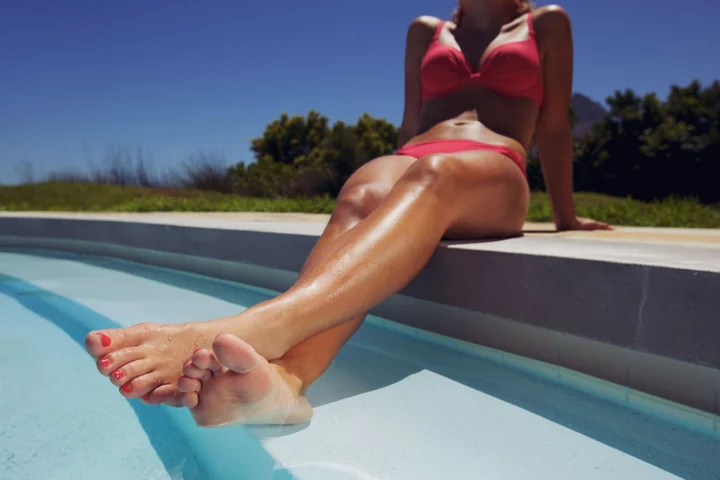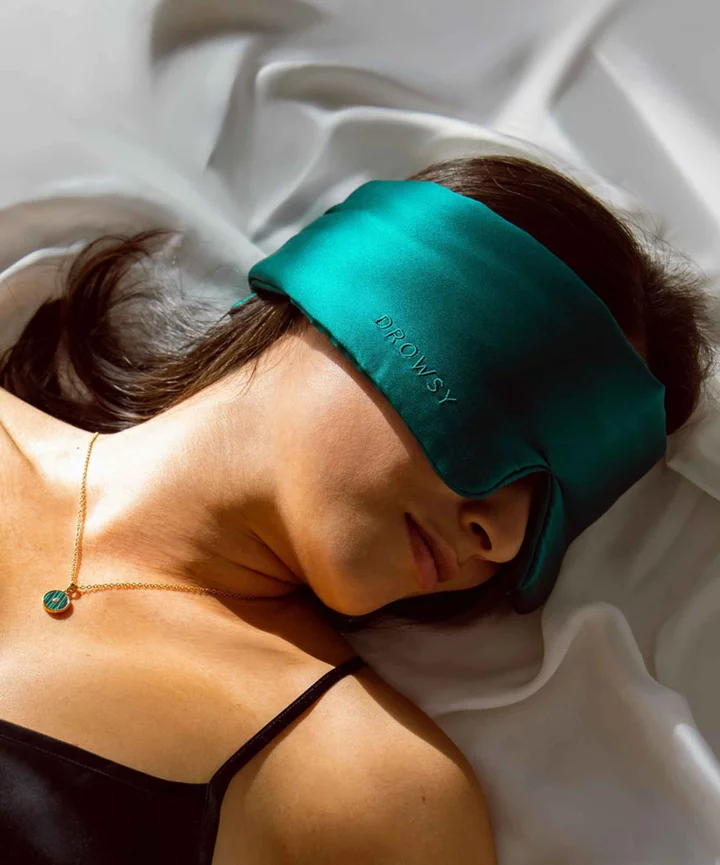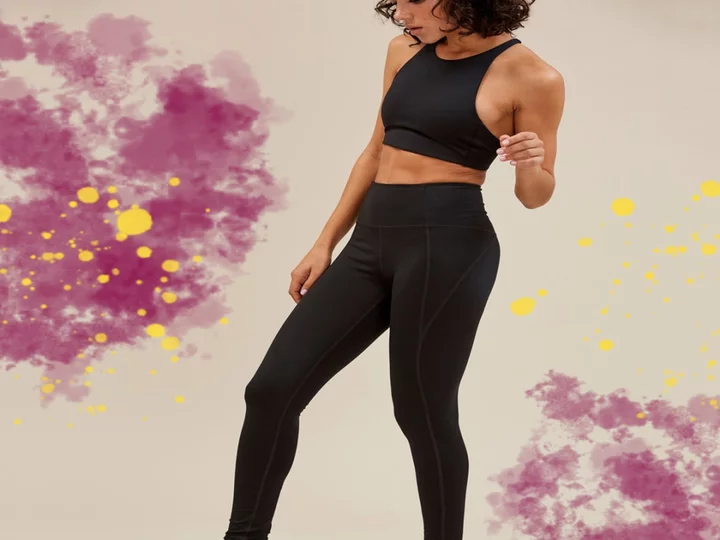Sustainable fashion is booming, with shoppers who want to reduce their environmental impact – and save money – flocking to charity stores, vintage boutiques and sites like Depop and Vinted in search of secondhand bargains.
Having cut ties with fast fashion brands, Love Island is partnering with eBay again for its summer season, bringing preloved going-out gear into the villa for the reality show’s contestants to wear in the evenings.
The islanders always wear new bikinis, one-pieces or swim shorts, however, so does that mean it’s not hygienic to buy secondhand swimwear?
We asked doctors to talk through the pros and cons of preloved swimming gear…
Health risks
“By the nature of what they are for, swimsuits are not very breathable and hence an easy trap for moisture,” says personal physician and private home visiting GP Dr Suhail Hussain.
“The area it covers – your genital region – is particularly susceptible to reacting badly to prolonged contact with moisture.”
This means the fabric could become a breeding ground for fungal or bacterial infections.
“It may also contain traces of the previous owner’s skin cells and skin flora such as staph aureus – the nose and perineum being the most common sites for this bacterium,” Hussain continues.
“Norovirus and MRSA are also other potential pathogens that could be found and transmitted.”
However, the actual risk of becoming ill – as long as you wash your swimwear properly – is low.
“It is unlikely that you will develop any serious infection from such pathogens, even if they do exist,” Hussain says.
“And this phenomenon is not exclusive to used clothes – research has found that any/all of these bugs can exist on new clothes.”
He also points out the idea that you could catch a sexually transmitted disease via swimsuits is a myth: “These can generally only be transmitted from person to person contact or via contaminated blood, needles etc, the same way you can’t contract an STD from a public toilet.”
Wash before wearing
To minimise the risk of illness, make sure to wash a secondhand bathing suit before you wear it.
“I recommend the first wash should be at 60C or above,” says Dr Sarah Brewer, medical nutritionist and brand ambassador for Origins.
“That’s because fungal spores – such as candida albicans, which causes thrush – aren’t killed at lower temperatures. This higher temperature will also kill scabies.”
After that you can go back to 30C washes, which also save energy.
Hussain agrees: “Putting swimwear in the washing machine before wearing is a good idea – used or new.”
He recommends one further precaution when shopping: “Don’t forget to wash your hands after having tried on swimwear.”
Personal preference
Ultimately, it’s up to you to decide if secondhand swimwear gives you the ick (to borrow a term often heard on Love Island).
“While I’d personally draw the line at wearing someone else’s secondhand underwear, I’d happily buy a secondhand swim suit,” says Brewer.
“Let’s face it, most people only use their swimsuits a few times a year – perhaps when on holiday – and if they’ve given it away and it’s in good shape, then go for it.”
Love Island returns to ITV2 and ITVX on June 5.
Read MoreCharity boss speaks out over ‘traumatic’ encounter with royal aide
Ukraine war’s heaviest fight rages in east - follow live
10 of the best affordable gifts for dads of all ages
Top tips to avoid garden injuries
Planning an LGBTQ+ wedding? Why inclusivity can be a driving factor for couples









